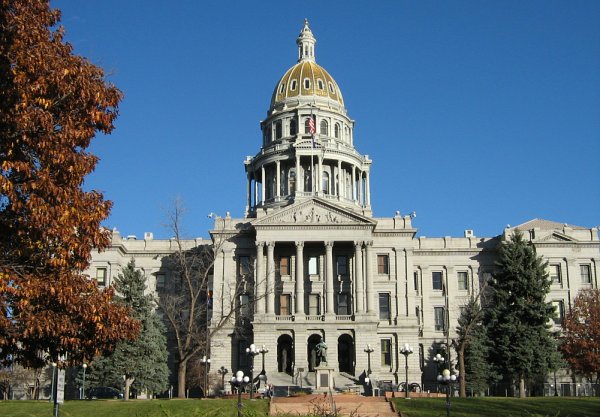May 5, 2016
Please reach out to your state senator and urge them to consider the following information on the potential impact HB16-1465, the proposed 2016 State Low Income Housing Tax Credit legislation, may have on homelessness.
This bill is expected to be heard in the Senate as early as tomorrow, Friday, the 6th.
Click here to locate your Senator’s contact information online.
Thank you for speaking up to make our community a place where everyone has a safe place to call home.
Thank you,
The Close to Home Team
State Low Income
Housing Tax Credit 2016
CLOSE TO HOME is a grassroots campaign to raise awareness, increase understanding, and move Coloradans to speak up and take actions that make a meaningful difference in addressing homelessness. Given its diversity of membership and nonpartisan approach, CLOSE TO HOME provides information to educate and encourage constructive conversations and thoughtful debate on how proposed policies may affect housing and homelessness; the campaign does not take formal positions on local, state or federal legislation.
We encourage you to consider the following information on the potential impact of the proposed 2016 State Low Income Housing Tax Credit legislation on homelessness in Colorado.
Overview
Colorado’s State Low Income Housing Tax Credit (state LIHTC) helps raise private sector equity to support the development of affordable housing.
Awarded by State Housing Finance Agencies to the owners of residential rental housing properties serving low-income individuals, LIHTC provides a dollar-for-dollar reduction in the income tax liability of investors.
Modeled after the federal Low Income Housing Tax Credit (federal LIHTC) program that has helped finance 2.6 million affordable apartments for an estimated 6.5 million low-income households since 1986, Colorado’s LIHTC program, managed by Colorado Housing and Finance Authority (CHFA) was established in 2001 and renewed in 2014.
The 2014 renewal authorized CHFA to allocate $5 million in state LIHTC in 2015 and 2016. It also authorized CHFA to award state LIHTC above the $5 million annual cap to affordable multifamily developments in counties impacted by natural disasters.
State LIHTC directly supported the development of 1,902 affordable rental units, and enabled CHFA to support 3,925 total units in 2015.
Without legislative action, State LIHTC will expire at the end of 2016.
Funding Impacts
The sale of state and federal tax credits allocated to the 1,902 affordable rental units in 2015 is estimated to generate more than $185 million in private sector equity investment in Colorado that otherwise would not have occurred.
In addition to private sector investment, the state tax credit helps to leverage additional federal resources for affordable housing. In 2015, $8.7 more in million in federal resources was leveraged due to the availability of state LIHTC than on average over the prior five- year period
The request for the extension of the state LIHTC bill does not decrease resources in other housing or homeless programs. It is structured as a tax credit and is used to leverage other federal funds available for housing that otherwise would have been underutilized. The developments supported with both state and federal LIHTC in 2015 are estimated to generate $1.15 billion in economic impact and support 6,600 jobs.
Service Delivery
Affordable housing is the primary platform for the delivery of supportive housing services for vulnerable individuals experiencing homelessness. Incentivizing the development of new affordable housing reduces pressure on a community’s existing housing stock and increases the availability of high-quality units for homeless populations in need of affordable housing, including those with a Housing Choice Voucher.
Evidence-Based
In 2015, CHFA funded 282 units of housing for individuals and families experiencing homelessness or with severe special needs, the highest number of this type of housing in Colorado’s history. A major factor was the addition of state credits for housing projects statewide.
The state credit funds affordable housing serving families at or below 60% of Area Median Income.
LIHTC supports vulnerable homeless populations through CHFA’s Permanent Supportive Housing initiatives in partnership with the Colorado Department of Local Affair’s Division of Housing which provides housing and access to wrap‐around services for residents including, case management, employment training, and mental health treatment.
Permanent Supportive Housing is a best practice for ending homelessness and has a significant evidence base showing its effectiveness for the hardest-to-serve homeless populations.
Sustainability
The legislation is requesting to extend the state tax credit for three years. In one-year, the state LIHTC program has proven effective in generating investor and developer interest in supporting the development of more affordable housing across the state.







